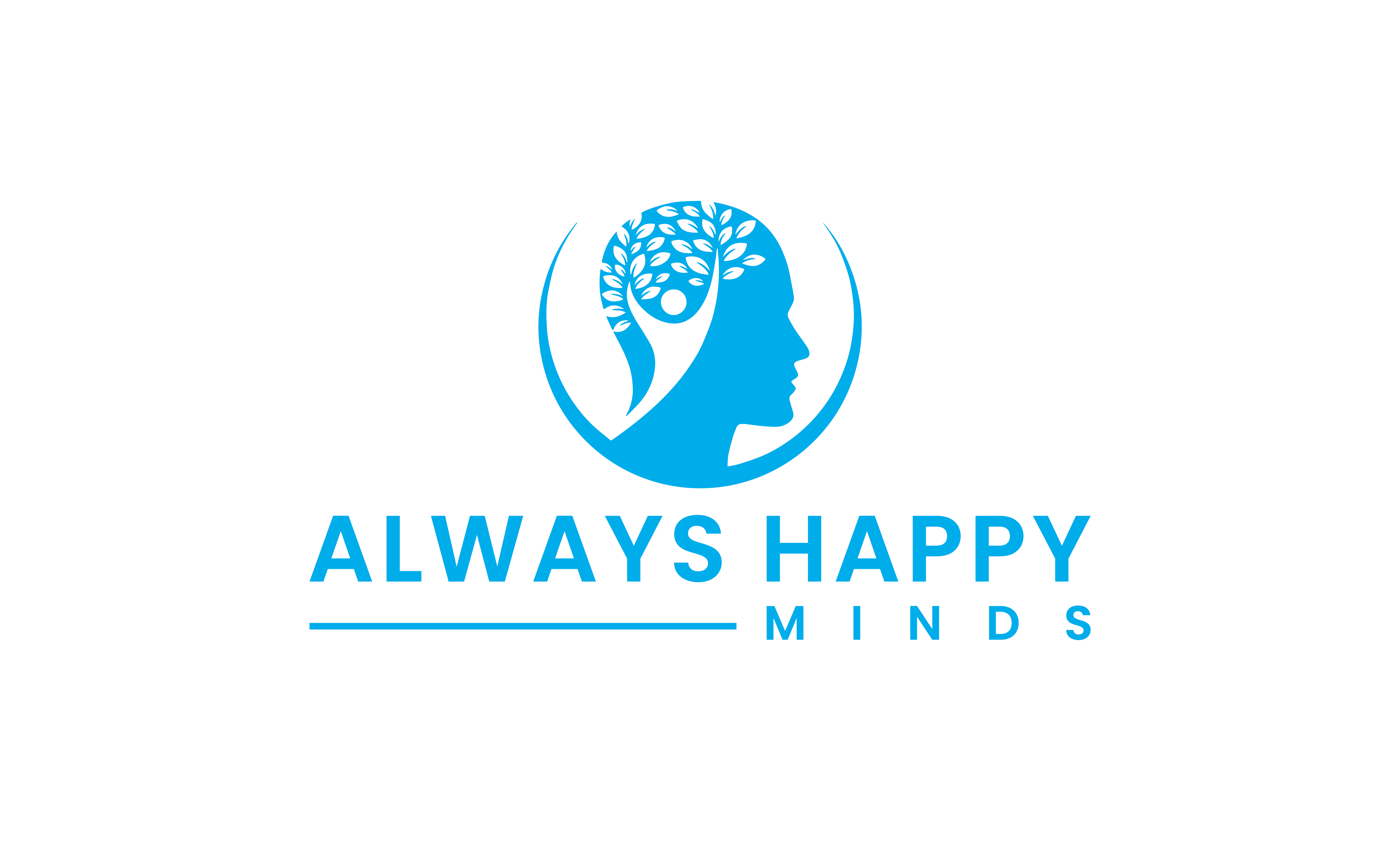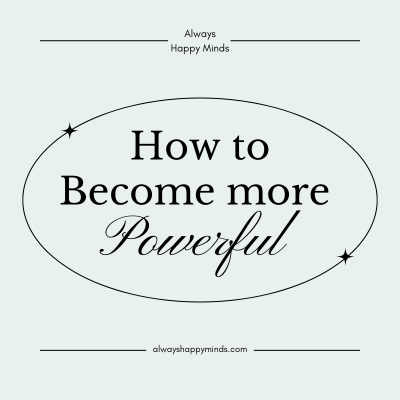Music is more than just an art form or a source of entertainment—it has a profound impact on our mental health and emotional well-being. Whether it’s the rhythmic beat of a favorite song that lifts our spirits or the soothing melodies that calm our anxious thoughts, music has the power to heal. In recent years, scientists and psychologists have delved deeper into the connection between music and the brain, uncovering fascinating ways that sound influences our emotional, cognitive, and physical states.
In this post, we’ll explore how music affects mental health, the science behind music therapy, and practical ways to incorporate music into your routine to promote emotional well-being.
1. How Music Affects the Brain and Emotions
Music has a unique ability to stimulate various parts of the brain. From the limbic system, which is responsible for emotions, to the hippocampus, which deals with memory, different regions of the brain respond to musical stimuli in powerful ways.
- Music and Emotion: When you listen to music, the amygdala, the part of the brain associated with emotional processing, is activated. This is why certain songs evoke strong emotional reactions, whether joy, sadness, or nostalgia.
- Music and Memory: The hippocampus, which plays a role in memory formation, can also be stimulated by music. This is why hearing a song from your past can instantly bring back vivid memories of a specific moment in time. For those with memory-related disorders like Alzheimer’s, music can help access otherwise lost memories.
Music also triggers the release of dopamine, the “feel-good” neurotransmitter that boosts mood and motivation. This explains why upbeat music can make us feel energized and ready to tackle the day, while slow, calming music helps us relax after a stressful day.
2. The Science Behind Music Therapy
Music therapy is a clinical practice that uses music to address physical, emotional, cognitive, and social needs. It has been used for centuries as a therapeutic tool, but only in the last few decades has its effectiveness been scientifically validated.
Music therapy can take many forms, such as listening to music, playing instruments, singing, or writing songs. Its applications in mental health include:
- Reducing Anxiety and Depression: Music therapy has been shown to lower levels of cortisol, the stress hormone, and increase levels of serotonin and dopamine. These chemical changes can help alleviate symptoms of anxiety and depression, making it easier for individuals to manage their emotions.
- Improving Cognitive Function: For people with neurological conditions like dementia, stroke, or traumatic brain injuries, music therapy can stimulate brain function and help with cognitive recovery. The rhythmic nature of music helps re-establish neural connections, promoting memory recall and improving focus.
- Enhancing Emotional Expression: Music provides a non-verbal outlet for expressing emotions. This can be especially useful for individuals who struggle with verbal communication, such as those with autism or PTSD. Playing or listening to music can help release pent-up emotions, creating a sense of relief and emotional clarity.
3. Music’s Impact on Anxiety and Stress
One of the most well-known benefits of music is its ability to reduce stress and anxiety. Whether you’re stuck in traffic, preparing for a big presentation, or dealing with personal struggles, music can serve as a natural remedy for stress relief.
- Calming Music for Relaxation: Slow-tempo music, especially classical or instrumental tracks, has been proven to lower heart rate, reduce blood pressure, and decrease levels of the stress hormone cortisol. This can help the body enter a state of relaxation and reduce feelings of anxiety.
- Uplifting Music for Mood Improvement: On the other hand, upbeat, fast-paced music can trigger the release of endorphins, the body’s natural “happy” hormones. This explains why high-energy songs are often used to motivate athletes or boost mood during a workout.
Many people also turn to music during meditation or mindfulness practices. Incorporating soft, repetitive sounds or nature-inspired music into these routines can enhance the relaxation response, deepening the mental and physical benefits of meditation.
4. How Different Genres of Music Affect Mental Health
While all types of music can have a positive impact on mental health, different genres evoke different emotional and physiological responses. Here’s how some common types of music can affect your mood:
- Classical Music: Often referred to as “brain music,” classical pieces—especially those by composers like Mozart and Bach—have been shown to improve concentration, memory, and relaxation. Listening to classical music before bed can help calm the mind and improve sleep quality.
- Jazz and Blues: Known for their emotionally expressive nature, jazz and blues can be comforting for those dealing with sadness or loss. The complexity of these genres can also stimulate the brain, promoting creativity and deeper emotional reflection.
- Pop and Rock: With their upbeat tempos and catchy melodies, pop and rock music are great for boosting energy and motivation. However, certain rock or metal sub-genres with darker themes might evoke feelings of anger or agitation in some listeners.
- Nature Sounds and Ambient Music: If you’re looking for a genre to accompany mindfulness or relaxation practices, ambient music and nature sounds are ideal. These soundscapes mimic the calming effects of being in nature, which has been shown to reduce anxiety and promote a sense of peace.
5. Practical Ways to Use Music for Mental Wellness
If you’re looking to incorporate more music into your life to improve mental health, here are some practical strategies to try:
- Create a Mood-Boosting Playlist: Curate a playlist of songs that make you feel happy, motivated, or calm, depending on your emotional needs. Play it during your morning routine, while commuting, or before bedtime.
- Use Music for Stress Relief: The next time you’re feeling stressed or anxious, put on some calming music, close your eyes, and focus on the rhythm and melody. Let the music guide your breathing and bring you back to a state of calm.
- Incorporate Music into Mindfulness Practices: Use gentle instrumental or ambient music during meditation, yoga, or mindful breathing exercises. The background sound can help you focus and enhance your relaxation.
- Learn an Instrument or Sing: Actively engaging with music, whether by learning an instrument or singing, can be even more therapeutic than passive listening. It’s a great way to express emotions and build a sense of accomplishment.
Conclusion
Music has a remarkable ability to influence our emotions, thoughts, and mental health. Whether through listening to your favorite song or engaging in music therapy, incorporating music into your daily routine can offer significant mental health benefits. From reducing stress and anxiety to improving mood and cognitive function, the healing power of sound should not be underestimated. So, the next time you’re feeling overwhelmed, remember that pressing play might be all you need to find a sense of balance and peace.

